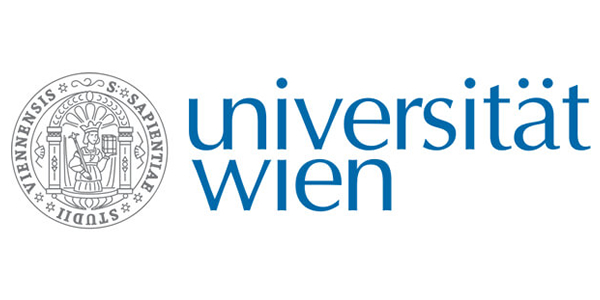Ecology and Ecosystems
- Abschluss: Master of Science (M. Sc.)
- Umfang: 4 Semesters, 120 ECTS Punkte
- Studienart: Präsenzstudium, Vollzeit
- Bildungsfeld: Naturwissenschaften
- Unterrichtssprache: Englisch
- Website: slw.univie.ac.at

The master’s programme Ecology and Ecosystems (MEC) addresses fundamental problems in ecology in a holistic way. Core topics are the role of organisms in the functionality of ecosystems, and the factors responsible for the spatial and temporal variations in biodiversity and functioning of systems. The study programme takes both an organismic and an ecosystem-based approach to ecology — thereby complementing two related curricula at the University of Vienna. These are Environmental Sciences, which is strongly rooted in geosciences, and Conservation Biology & Biodiversity Management (in German language), which is specifically devoted to the theory and practice of nature conservation — from the species to the landscape level.
In MEC, we cover various marine, freshwater and terrestrial ecosystems. These range from lowland to alpine, and from arctic to tropical biomes. Scientists from diverse fields within biology, including botany, microbial ecology, zoology, systems biology and biogeochemistry are actively engaged in MEC. Contributing faculties come from the departments of
- Botany & Biodiversity Research
- Ecogenomics & Systems Biology
- Limnology & Oceanography
- Microbiology & Ecosystem Science
as well as from the
MEC focuses on the analysis of fundamental processes that generate and drive biodiversity and on its role in fundamental ecosystem functions. The programme offers access to a wide range of methods and approaches, from field surveys to lab experiments, using state-of-the-art technology in stable isotope and element analysis, metagenomics, transcriptomics, proteomics, metabolomics, environmental genetics, light and electron microscopy, statistical data analysis, and modelling.
Study Overview
Ecology and Ecosystems (MEC) is a programme that emphasises understanding of the biological controls and dimensions of ecosystems. To achieve these goals, approaches rooted in life sciences are combined with application of chemical, statistical and geographical methodology.
The master programme comprises 120 ECTS credits. This is equivalent to a period of four semesters.
Courses in the first semester are jointly attended by all students. Two ring lectures and a series of seminars provide an overview of current research topics in biodiversity and ecosystem ecology. A first short lab internship gives a first insight into ongoing research, and a combination of lectures and courses improves skills in statistics and data analysis. In the second term, students become acquainted in detail with a range of relevant field and lab methods and engage in a first research project in one of the contributing departments.
After this first part of the curriculum, students acquire in-depth knowledge in specific areas in ecology, which can be chosen freely. Here, the breadth of expertise available among the faculty at the University of Vienna offers many opportunities towards specialisation and research.
The MEC programme is completed with a Master of Science thesis and a public oral defence.
After Graduation
The M.Sc. programme Ecology & Ecosystems (MEC) aims at educating a new generation of ecologists with a broad command of methodologies as well as scientific concepts. Graduates of the master programme have a wide range of job opportunities including:
- Science and research (various research institutions dealing with issues of ecology and biodiversity, universities, the corporate sector)
- Public administration, authorities and offices (environmental departments of government offices, the Environment Agency Austria, the Austrian Agency for Health and Food Safety, international public institutions, etc.)
- International organisations (e.g. FAO, UNEP, IUCN, NGOs, etc.)
- Private planning and engineering offices as well as consulting activities (for example in the fields of environmental impact assessments, planning and surveying)
UNI-Profil
Universität Wien
Universitätsring 1, 1010 Wien
Telefon: 01 42770 Website: www.univie.ac.at
